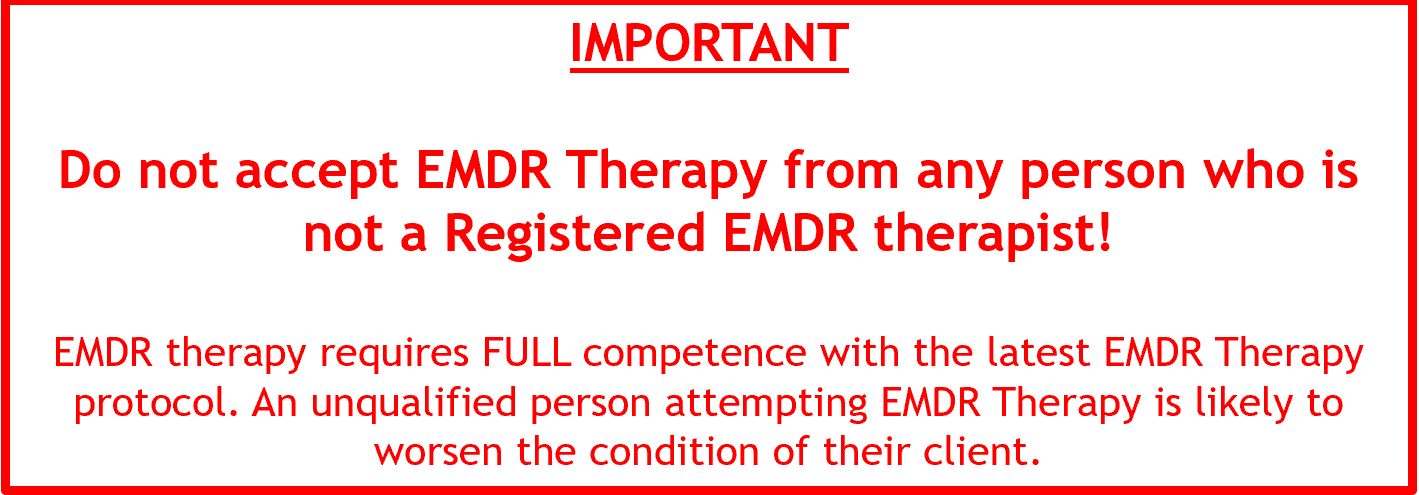Introduction to EMDR
EMDR (Eye Movement Desensitization and Reprocessing) is a type of psychotherapy that helps individuals heal from the symptoms and emotional distress caused by traumatic or disturbing life experiences.
How EMDR Works

During EMDR therapy, the patient focuses on a traumatic memory while simultaneously experiencing bilateral stimulation, usually through eye movements. This bilateral stimulation reduces the intensity and strong negative emotions associated with the memory of the trauma.
 Who can benefit from EMDR therapy?
Who can benefit from EMDR therapy?
EMDR therapy assists adults and children of all ages to address a wide range of challenges:
- PTSD (Post-Traumatic Stress Disorder) and other trauma
- Stress-related issues
- Grief and loss
- Anxiety, panic attacks, phobias, performance anxiety, etc.
- Living with chronic illness, pain, and other medical issues (e.g. tinnitus)
- Depression, bipolar and dissociative disorders
- ….and more
The History of EMDR
EMDR technique was developed by an American clinical psychologist, Dr. Francine Shapiro, in the 1980s. EMDR has been empirically tested in multiple professionally controlled studies with trauma patients. It was proven to work very well provided it is conducted by professional EMDR therapists who follow strictly the latest EMDR protocol.
EMDR in the Scientific Community
EMDR has been extensively researched and is scientifically proven to be effective in helping people recover from traumas, PTSD, anxiety, depression, OCD, chronic pain, addictions, and other distressing life experiences: –
- The American Psychiatric Association,
- The American Psychological Association,
- The International Society for Traumatic Stress Studies,
- National Alliance on Mental Illness,
- The Substance Abuse and Mental Health Services Administration,
- The U.K. National Institute for Health and Care Excellence,
- The U.S. Dept. of Veterans Affairs/Dept. of Defense,
- The Cochrane Database of Systematic Reviews,
- The World Health Organization

